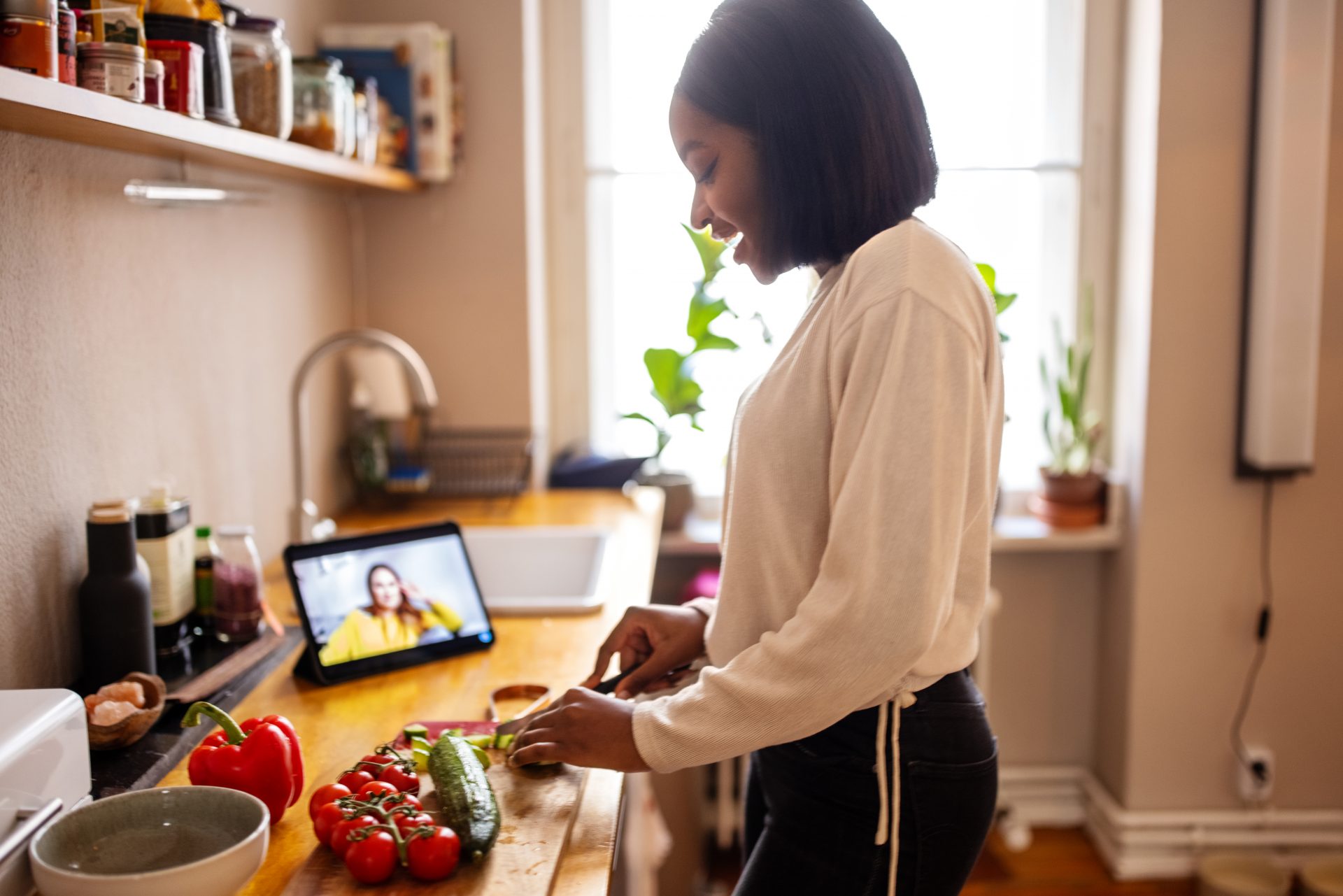Written by Amy Beecham
Even two years into the pandemic, we’re still having to cancel our well-made plans. Though it never gets any easier, here are three simple distraction techniques to help you deal with the disappointment.
Many of us have spent the last month of 2021 – and now the first of 2022 – trying our best to carry on our lives safely while dodging the Omicron variant and adapting to the “plan B” restrictions.
It’s not been easy on any front, as we’ve dealt with continued disappointment and a reluctance to make new social commitments, coupled with winter-induced SAD and increasing news anxiety.
The pandemic forced us to become adept to dealing with disruption, but nearly two years in, who would have thought that we’d still be postponing, rearranging or even cancelling our plans?
The truth is that it doesn’t get any better to deal with, no matter how many times you experience that slow, sinking realisation that something you’ve looked forward to just isn’t going to happen. But while it’s never going to be a pleasant experience, there are some simple ways that the disappointment can be made just that bit easier.
Try to find your ‘flow’
According to professor of behavioural science, Mica Estrada, the key is to try and make healthy mental choices no matter what interruptions happen in our lives that we don’t want or expect.
“Flow” is defined byMihaly Csikszentmihalyi, author of Flow: The Psychology of Optimal Experience, as a state of concentration in which the experience is so enjoyable that people will continue to do it for the sheer sake of doing it.
Writing in Psychology Today, Estrada suggests seeking out these experiences, which can range from anything to walking in fresh air, painting, reading or swimming. Put simply, it’s any activity that allows you to immerse yourself in it so fully that you begin to tune out of the rest of the world. It’s in those moments of distraction and peace that you’ll feel most at ease with the external situation.
“Find the activity that sends you into a state of flow, and make space to do it. If you don’t have hours for such things, commit to 10 minutes and just do that thing that connects you to flowing, whether it’s surfing, quilting, yoga, chess, or riding your Vespa.”

Project kindness
According to Estrada, research shows acts of kindness can be as beneficial to you as it is to the person receiving the kindness. So even if you’re feeling deflated after cancelling something exciting, it could be beneficial to channel that energy into
Instead of lamenting over the dinner that wasn’t to be, organise a video call and wine night with the same friends. If your big holiday is finally cancelled after months of uncertainty, send flowers to your companion with a note about how excited you are for your future travel plans.
Channelling your emotions into something not just positive but proactive can really help you to start to feel at peace with the hand you’ve been dealt.

Write it out
Morning pages, bullet journalling and freewriting are all popular routines for a reason. “Stopping periodically to reflect on what you are truly feeling, through writing, can be a powerful step towards unlocking mental patterns that may not be serving your well-being and health,” says Estrada.
But remember, your reflections don’t always have to be strictly positive. If you’re feeling resentment, anger or frustration, don’t be afraid to channel that, too. Your writing should be a safe space for you to express a wealth of your emotions without shame.

The key to all of these activities is making a conscious effort to think about what you can do to maintain joy and happiness in your life in the face of disruption. So whatever that looks like for you, lean in. The results may surprise you.
Images: Getty
Source: Read Full Article
